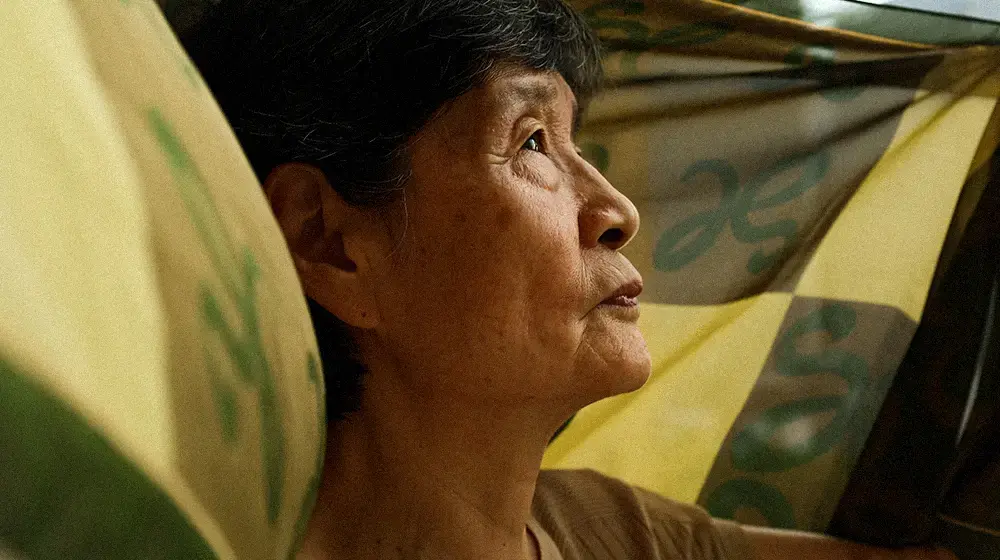Our world is ageing – and this is a triumph of development.
Innovations in health and poverty reduction have extended lives on a global scale, and there is much to celebrate: In many cultures, older persons play critical societal roles, serving as community leaders and caregivers and sharing their wisdom and ancestral knowledge with younger generations. Persons aged 50 and over – who account for a quarter of the global population – also substantially drive global economic growth.
However, discriminatory attitudes often paint older persons and their care as burdensome. This perspective must shift for societies to harness the positive change that accompanies ageing. With that in mind, the theme for the International Day of Older Persons this year is: “Ageing with dignity: The importance of strengthening care and support systems for older persons worldwide.”
Due in part to ageism and shortages in skilled care, global trends such as migration, displacement, climate change and conflict disproportionately affect older persons, leaving them vulnerable to exclusion and neglect. Record levels of population movement are heightening risks that older persons will be left behind without community or family support. Older people may also suffer neglect by health providers, which is exacerbated by a lack of care workers, especially for elderly people facing challenging situations such as crisis and conflict.
Investing in solid care systems for older persons benefits everyone: It can spur economic growth by creating more jobs and opportunities for providers, while ensuring that older persons’ needs and rights are satisfied. Indeed, demographically diverse countries will fulfill their potential when societies act in the best interest of people of all ages, and when younger and older people support each other.
The needs of older people should not be viewed as competing with those of younger generations. Instead, countries and societies should study how younger and older people can benefit from the exchange of information and support on issues, including the use of technology, for example, to empower older persons to access remote medicine and other essential goods and services.
Countries must act today to ensure that robust social support systems – including pensions and health-care systems – are in place for the older persons of tomorrow.
UNFPA supports integrated approaches to mental and physical health care for older people, including through the use of care centres, which provide access to services as well as additional opportunities to socialize. UNFPA sees this population as a vital part of economies and societies, not as a group to be discounted.


